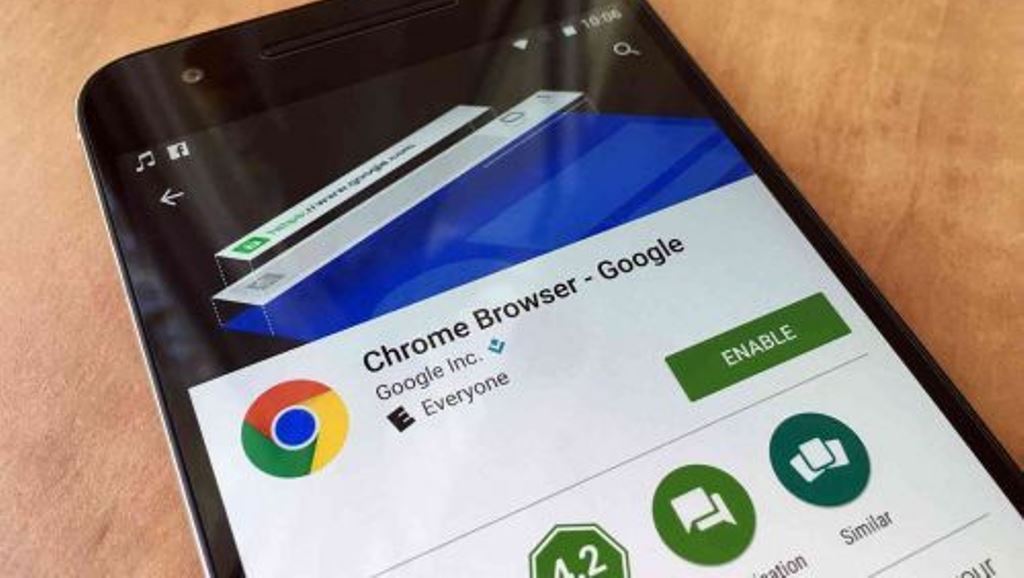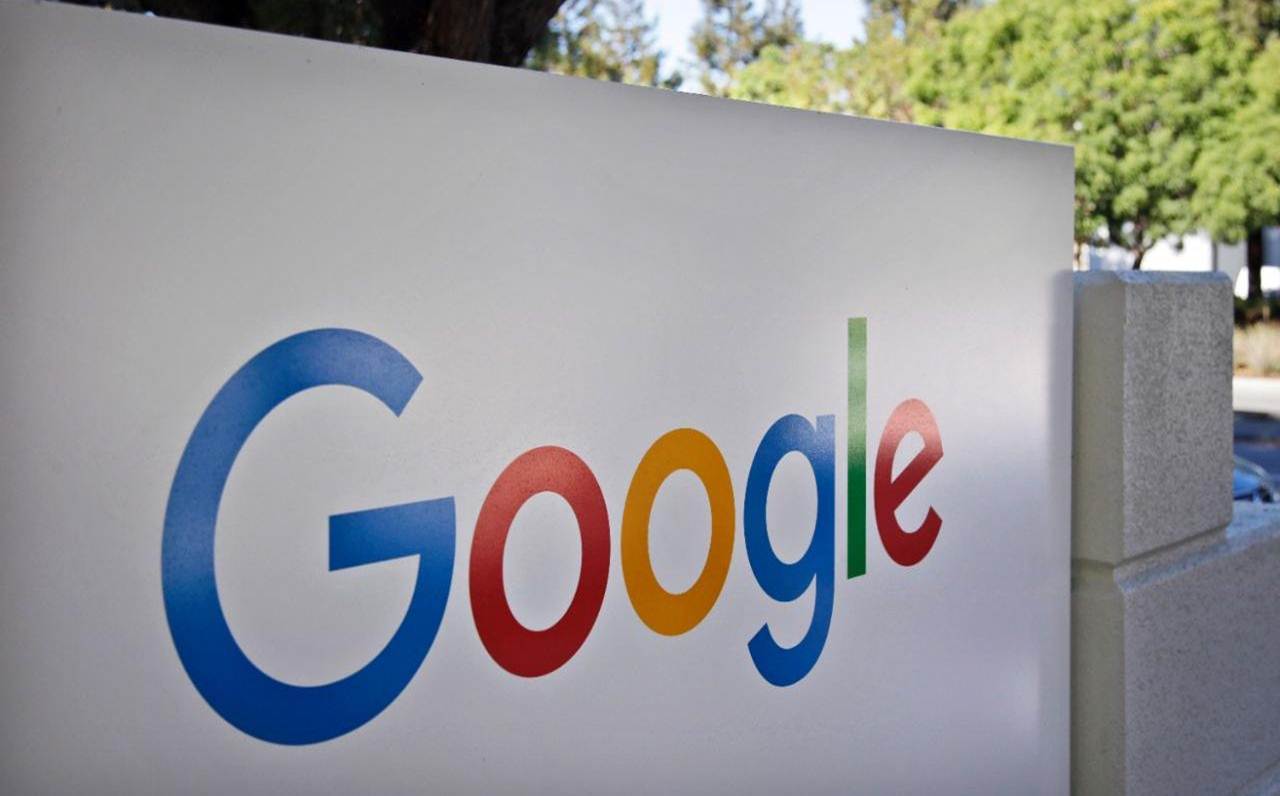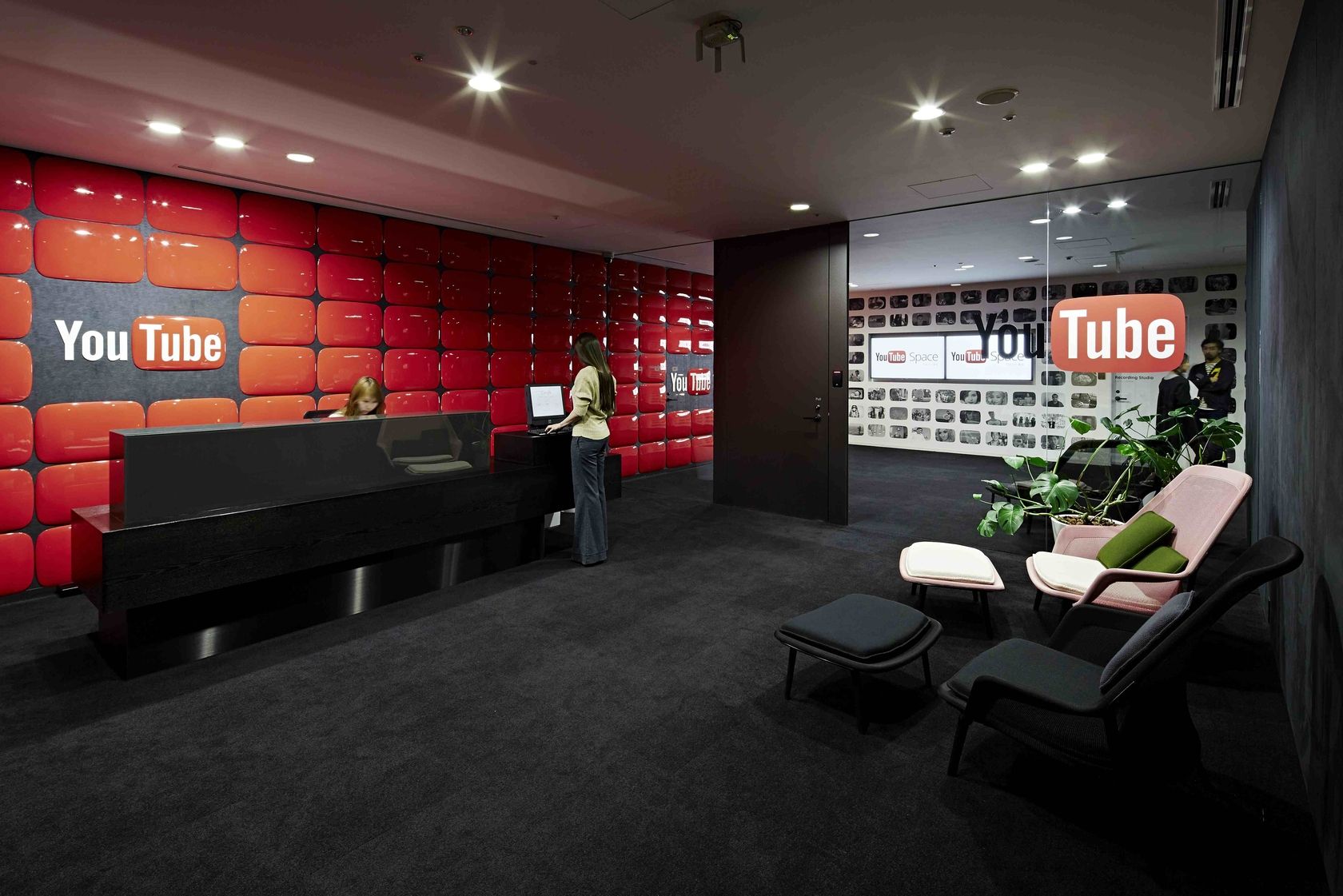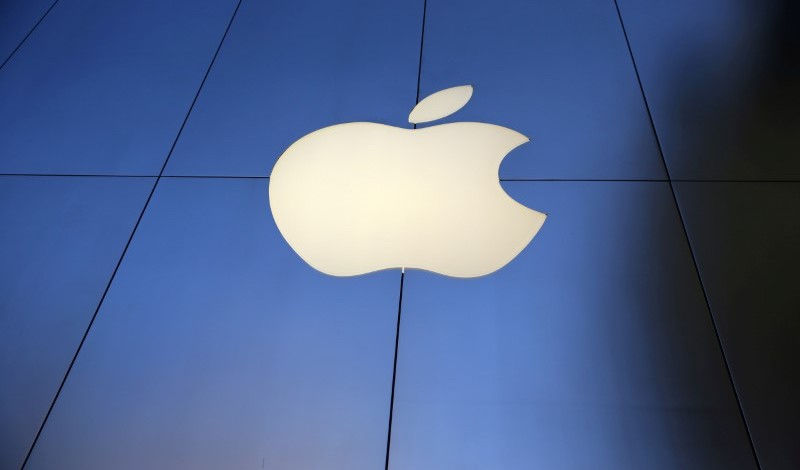Google on Friday said that its first virtual class of Google for Startups Accelerator Africa has graduated after a 12-week virtual journey mentoring and workshops.
Onajite Emerhor, Head, Google for Startups Accelerator Africa said in a statement that the first online of Google’s accelerator programme for African startups has seen 20 startups from seven countries with Nigeria recording eight startups.
Emerhor said that the 20 graduating Startups were Adi+Bolga, Ghana, Amitruck, Kenya, Beamm, South Africa, BuuPass, Kenya, Crediation, Kenya, Credpal, Nigeria, Crop2cash, Nigeria, Curacel, Nigeria, Festival coins, Nigeria.
Others were Franc, South Africa, Ilara Health, Kenya, Judy, Nigeria, Kaoun, Tunisia, Send, Nigeria, Stears, Nigeria, The Smarthub, Nigeria, Thumeza, Zimbabwe, Uzapoint, Kenya, Zayride, Ethiopia, Zuka Data Science, Kenya.
She said that the class had to go through a 12-week virtual journey to refine their offering and undergo mentoring and workshops in key areas such as technology, product development and business growth.
“To date we have celebrated wins with one Nigerian startup playing their part in the fight against COVID-19 and through raising funding – one notable win being Franc raising a seed round of 250,000 dollars after joining the program.
‘’Class 5 of Google for Startups Accelerator Africa took part in three virtual boot-camps over the course of the program, covering technology, product, people and growth.
‘’The Tech & Product boot-camp focused on assessing the startups’ value offerings and technology to ensure they were optimised to run efficiently with solid business models, not leaving any money on the table,’’ she said.
According to her, the Tech & People boot-camp took the founders – considered major pillars of startup success – through the Founders Lab, which evaluated their current managerial styles and advised them on how to become better leaders.
she said that the final week saw the startups prepared to meet investors as they graduate.
She said that Google for Startups Accelerator Africa gives early-stage startups access to the best of Google – its people, network, and advanced technologies.
Emerhor said that the accelerator has trained participating startups on technology Artificial Intelligence, Machine Learning, Cloud, Android, product, data, business, design, people, growth and fundraising, through interactive workshops and labs facilitated by Google experts and mentors.
According to her, the selected pool of startups for Google for Startups Accelerator Africa 2020 cut across an array of industries including logistics, transportation, education, agriculture, e-commerce, media, health and professional services.
Emerhor said since its launch in 2018, the Google for Startups Accelerator program has worked with 47 startups from 17 African countries: Algeria, Botswana, Cameroon, Côte D’Ivoire, Egypt, Ethiopia, Ghana, Kenya, Morocco, Nigeria, Rwanda, Senegal, South Africa, Tanzania, Tunisia, Uganda, and Zimbabwe.
She said that Google have contributed to economic prosperity and empowerment by collectively raising millions of dollars in investment, and creating hundreds of jobs.
Google continues to support developer communities across Sub-Saharan Africa, through Google Developer Groups, Developer Student Clubs and Women Tech-makers, providing training and support for developers aligned with real-life job competency requirements.
Community groups engage in activities like Study Jams: study groups facilitated by developers, for developers. Today there are over 120 active developer communities across 25 countries in Sub-Saharan Africa.
Google for Startups Accelerator Africa is Google’s first regionally-based startup accelerator programme which run in a dedicated space in Lagos.
Announced in 2017, Google was committed to training 60 African startups over 3 years, representing over 3 million dollars in equity-free support, working space, and access to expert advisers from Google, Silicon Valley, and Africa.
Participants also received travel and PR support during the three months programme.




